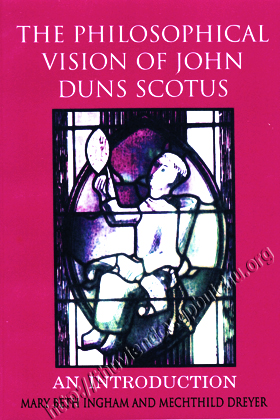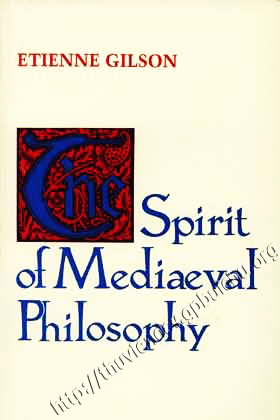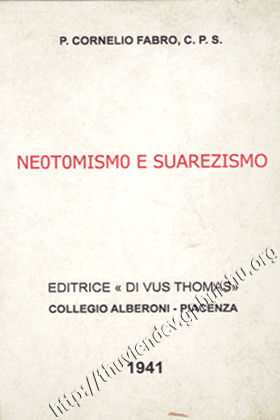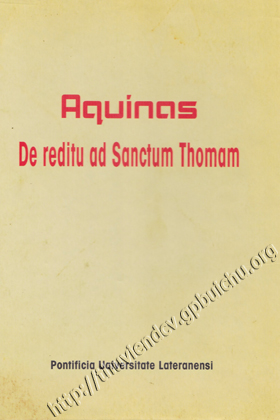| CONTENTS |
|
| Preface and Acknowledgments, vii |
|
| I. The Historical Moment, I |
|
| 1.1. Philosophy in the Late Thirtcenth Century |
4 |
| 1.2. Scotus’s Life and Works |
9 |
| 1.3. Scotus’s Philosophical Context |
16 |
| 2. Knowing Reality |
22 |
| 2.1. Abstractive and Intuitivc Cognition |
25 |
| 2.2. The Formal Distinction |
33 |
| 2.3. The Univocity of Being |
38 |
| 3. Metaphysics and Natural Knowledge of God |
52 |
| 3.1. The Nobility of Metaphysics |
53 |
| 3.2. The Subject of Metaphysics |
58 |
| 3.3. The Proof of God’s Existence |
73 |
| 4. Modes of Being: Will and Nature |
87 |
| 4.1. The Problem of Contingency |
88 |
| 4.2 Contingency and the Divine Will |
93 |
| 4.3. Modality |
100 |
| 4.4. Common Naturc |
101 |
| 4.5 The Principle of Individuation |
108 |
| 5. The Foundations of a Science of Praxis |
117 |
| 5.1. The Perfection of a Rational.Nature |
121 |
| 5.2 .The Science of Praxis |
127 |
| 5.3. Moral Foundations: Natural Law and the Divine Will |
132 |
| 5.4. The Extent of Divinc Willing |
138 |
| 6. The Rational Will and Preedom |
146 |
| 6.1 The aposteriori Argument from Causality |
153 |
| 6.2.The apriori Consideration from the Will’s Constitution |
156 |
| 6.1.The Collaboration of Intellect and Will |
162 |
| 7. Practìcal Wisdom and Moral Goodness |
173 |
| 7.1. Moral Goodness |
175 |
| 7.2 . Practical Reasoning |
186 |
| 7.3.The Role of Moral Virtue |
191 |
| 8. Scotus’s Legacy |
201 |
| Select Bibliography |
213 |
| Index |
223 |









